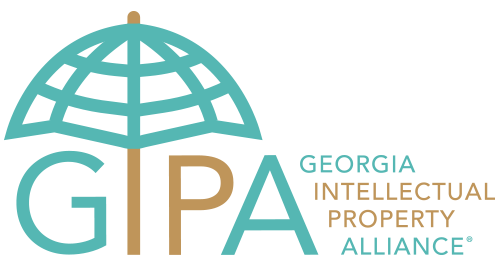Georgia Entertainment: Legislative Recap
by Mala Sharma
In the wee hours of April 1st, Georgia’s legislative session ended with a flurry of activity. A number of bills related to music were introduced but failed to pass but with two-year terms, have a chance next year.
SB157 - Sponsored by Senator Cowsert. This bill has also been called the Truth in Music Advertising Bill. Over the past decade and a half, Truth in Music Advertising (TIMA) laws have been passed around the country. These laws seek to prevent “imposter” bands and artists from profiting off the good and valuable name of the real bands or artists. Based on concepts of consumer protection and property rights (name, likeness, trademark, etc.), these laws enable authorities, and in some cases individuals, to take action against the deceptive acts.Currently, 35 states have some form of TIMA law, while several others have general “deceptive acts” consumer protection laws that may cover this activity..
HB 486 Sponsored by Representative Beth Moore. This is also called the music licensing bill. This bill would allow the fees associated with licensing Georgia based music to be a qualified expense under the Georgia film tax credit.
HB 508 Sponsored by Kasey Carpenter. This is a companion bill to SB157. It is a combination of the TIMA bill as well as another RIAA led bill referred to as TOGA or True Origin of Goods Act. It requires online sites that deal “in substantial part in the electronic dissemination” of commercial recordings or audiovisual works to properly display true name and address information on the site. The law is the online equivalent of True Name and Address statutes across the country intended to protect consumers and the legitimate marketplace. Currently Florida and Tennessee have passed this and there are a number of states targeted for this currently.
HB 718 Sponsored by Representative Calvin Smyre. This bill is an amendment to the Georgia Music Investment Act. This bill will lower the spending thresholds, allow productions to aggregate qualified spending, increase the percentage that can be credited, and incentivize inestments through a transferable credit. A transferable credit would allow investments from outside of the state and incentrivize utilization of Georgia’s immensely diverse musical talent pool.
SB157 and HB508 both deal with strengthening protection of IP for artists and music labels. Protecting the marketplace for creatives and businesses alike will help Georgia’s entertainment ecosystem continue to thrive.
Mala Sharma serves on the Georgia Entertainment Commission, is the Executive Director of Georgia Music Partners, and is an EAS IP Committee Member.

